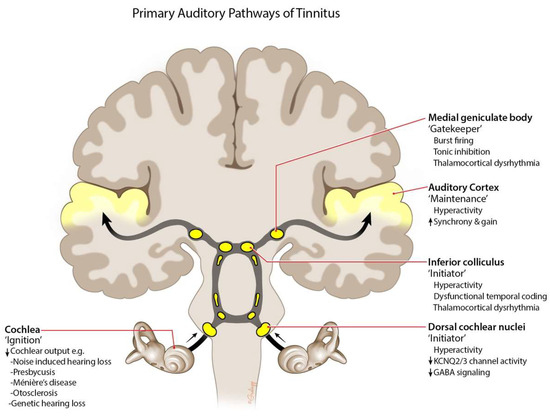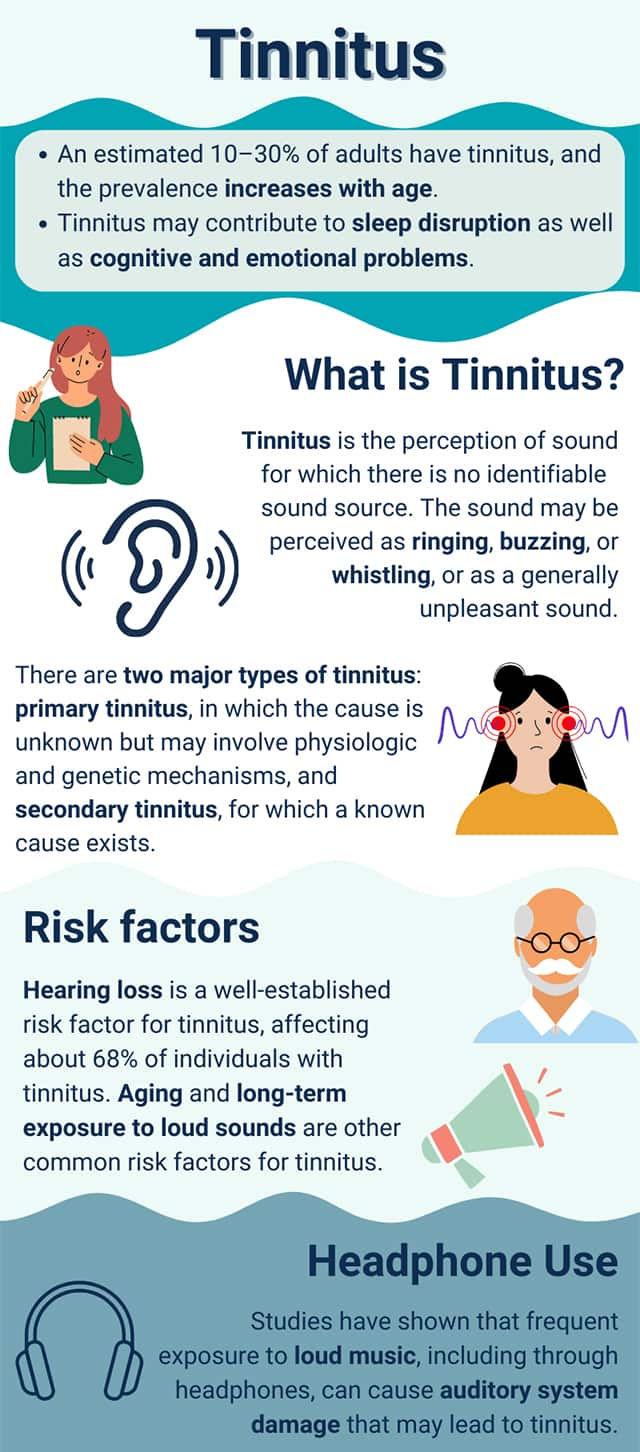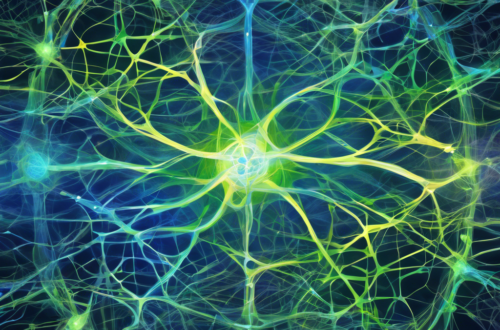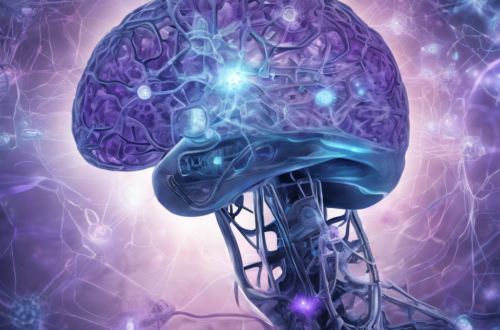What is Tinnitus and its Impact on the Brain
Understanding Tinnitus: Overview and Symptoms
Tinnitus is a condition characterized by the perception of noise or ringing in the ears without an external sound source. Common symptoms include ringing, buzzing, hissing, or humming sounds that can be intermittent or constant. Individuals with tinnitus may also experience difficulties concentrating, sleeping, or experiencing emotional distress due to the persistent noise.Neuroplasticity and Brain Changes due to Tinnitus
The brain’s ability to reorganize its structure and function in response to changes is known as neuroplasticity. In the case of tinnitus, the brain undergoes changes in neural networks and connectivity due to the persistent auditory signals. These changes can lead to increased sensitivity to sounds, altered processing of auditory information, and affect emotional responses, contributing to the overall impact of tinnitus on an individual’s brain.
The Role of Hearing Loss in Tinnitus-Related Brain Changes
Link between Hearing Loss and Tinnitus
Tinnitus, often linked to hearing loss, can result from damage to the auditory system, leading to the perception of phantom sounds. The onset of tinnitus may occur when the brain attempts to compensate for the reduced input from the auditory nerves due to hearing impairment. This compensation mechanism can result in the perception of sound when there is none external, contributing to the complex nature of tinnitus.Brain Adaptations in Response to Hearing Impairment and Tinnitus
The brain’s response to hearing loss and tinnitus involves sensory adaptations and changes in neural processing. These adaptations can lead to alterations in how sound is perceived and processed, affecting emotional and cognitive responses. Over time, the brain may undergo structural changes in an attempt to adjust to the ongoing auditory challenges posed by tinnitus and hearing loss.
Stress, Anxiety, and Tinnitus Brain Effects
Impact of Stress and Anxiety on Tinnitus
Stress and anxiety play a crucial role in exacerbating tinnitus symptoms, intensifying the perception of phantom sounds and overall distress experienced by individuals with tinnitus. The emotional responses to tinnitus can create a feedback loop, worsening the condition and leading to heightened levels of stress and anxiety.Brain Modifications Triggered by Stress and Anxiety in Tinnitus Patients
In individuals with tinnitus, stress and anxiety can trigger neurobiological changes in the brain’s limbic system and auditory cortex. These changes can amplify the perception of tinnitus, affecting emotional regulation and auditory processing. The interplay between stress, anxiety, and tinnitus can contribute to the complex and multifaceted nature of the condition.
Tinnitus and Sleep Disturbances: Brain Connections
Relationship between Tinnitus, Insomnia, and Brain Activity
The relationship between tinnitus and insomnia reveals intricate connections to brain activity. Individuals with tinnitus often experience disrupted sleep patterns, which can exacerbate their condition. The brain’s response to both tinnitus and sleep disturbances can lead to a cycle of increased distress and reduced quality of life.Neural Correlates of Sleep Disturbances in Individuals with Tinnitus
Neuroimaging studies have highlighted specific neural correlates associated with sleep disturbances in individuals with tinnitus. These correlations suggest that disruptions in brain regions involved in sleep regulation and auditory processing may contribute to the heightened impact of tinnitus on sleep quality. Understanding these neural mechanisms is crucial for developing targeted interventions to improve sleep outcomes in tinnitus patients.
Neural Mechanisms of Tinnitus Perception
Brain Pathways Involved in Tinnitus Perception
The intricate connections between tinnitus, insomnia, and brain activity unveil a complex interplay within individuals. Disrupted sleep patterns in tinnitus sufferers can intensify their condition, leading to a cycle of distress. Neuroimaging studies have identified specific neural correlates linked to sleep disturbances in these individuals, indicating disruptions in brain regions regulating sleep and auditory processing. These findings underscore the importance of understanding the neural mechanisms influencing tinnitus perception and sleep quality in developing targeted interventions for improved outcomes.
Facebook
Twitter
LinkedIn






